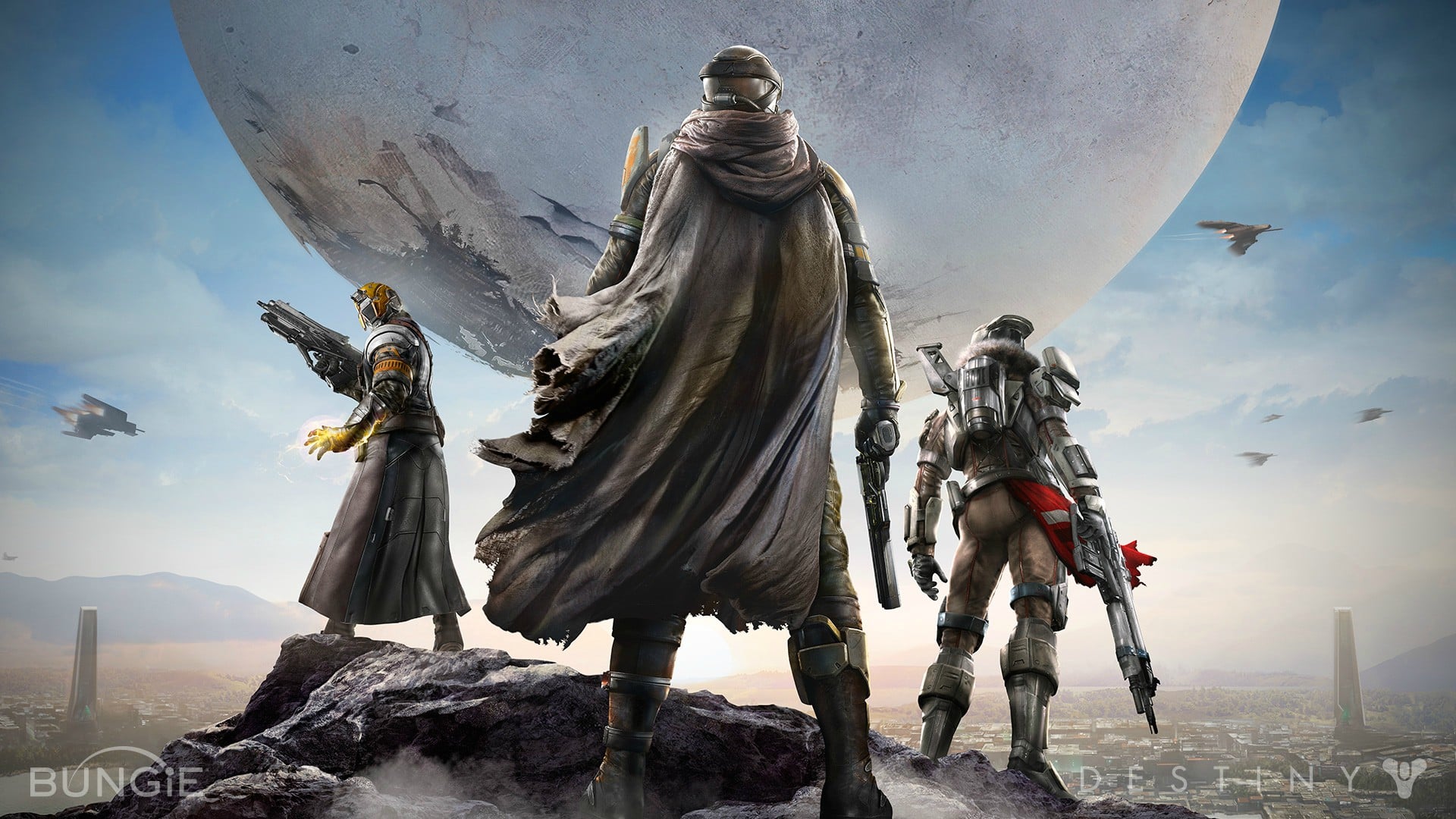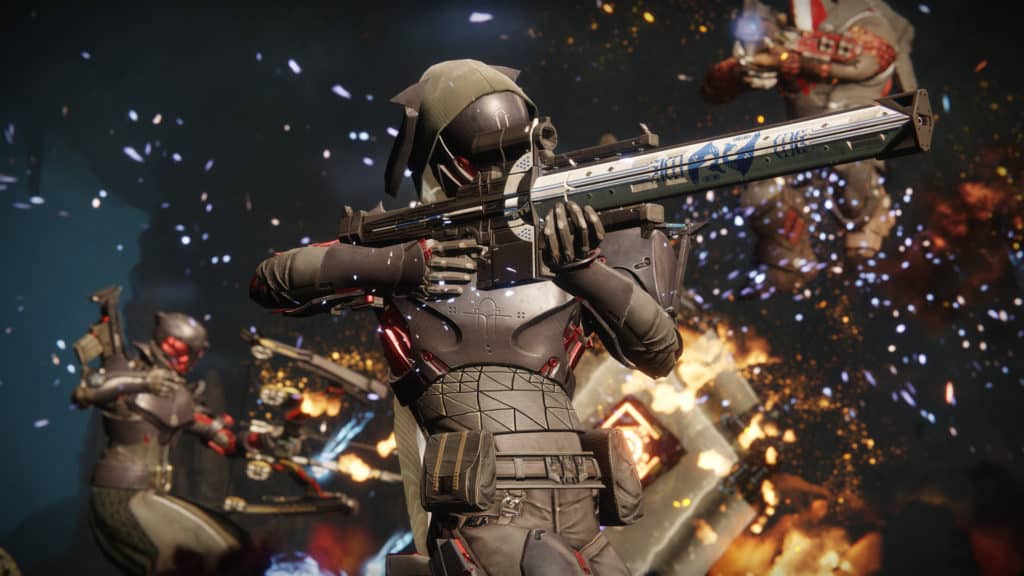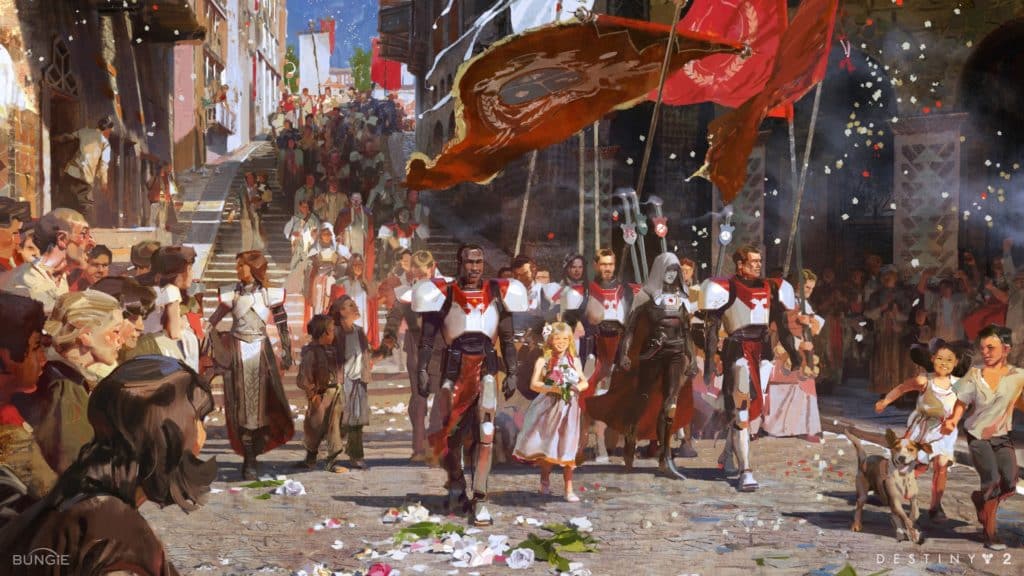
In a surprise announcement yesterday, Bungie and Activision released a joint statement announcing plans to sever ties. Activision is going to transition full publishing rights for the Destiny franchise to Bungie, the franchise’s developer. This process would leave Bungie as sole owner of the Destiny intellectual property, as well as making them the franchise’s publisher.
This move is as seismic in the gaming industry as the original partnership back in 2010. This makes it the second time Bungie has cut ties from a major developer, with the first time being their separation from Microsoft.
A Troubled Past
Tensions were always high between the two companies. However, the 10-year contract brokered in 2010 had supposedly locked both companies into a partnership. It appears that the two companies have likely come to a creative impasse in regards to the future direction of Destiny, and mutually decided to dissolve that partnership early. In a Bungie blog post released yesterday afternoon titled “Our Destiny”, Bungie stated:
“With Forsaken, we’ve learned, and listened, and leaned in to what we believe our players want from a great Destiny experience. Rest assured there is more of that on the way. We’ll continue to deliver on the existing Destiny roadmap, and we’re looking forward to releasing more seasonal experiences in the coming months, as well as surprising our community with some exciting announcements about what lies beyond.”
This is overall a great move on Bungie’s part, and hardcore fans are beyond excited for what this could mean for the Destiny franchise. If you want to learn about the particulars and what this could mean for Destiny moving forward, I invite you to check out my video analyzing the news below.
Reality Check
While the news is definitely a cause for celebration across the Destiny community, it’s important to not treat it as a free pass for Bungie. Although the pressures were there from Activision, every decision about the game’s development, both good and bad, were ones made by the lead developers at Bungie.
The Forsaken journey has been far from perfect. Bungie seems to still be struggling between making this game appeal to a casual audience, and staying true to its more hardcore RPG side. The Black Armory release even began to question Bungie’s grasp on fundamental game design and quality of life.
Its odd choices alienated some players by creating artificial and frustrating barriers between players and the new content. While it’s easy to chalk that up to growing pains with the new annual pass model, it serves to point out that Bungie still has a lot of learning to do. Also that we may still be in store to receive experimental concepts that could succeed or fail on a dime.

External Pressure
Now you could argue that the developers and designers were not able to make decisions for the game that were intuitive towards their vision for it. They had the pressure from Activision to meet certain revenue goals, causing Bungie to make decisions outside of what felt right, or came naturally for the franchise.
The other important thing to also remember is that Bungie now has significantly fewer resources at their disposal. Earlier last year, a Chinese mobile gaming company called NetEase made a sizable $100 million investment into Bungie.
The cash from that deal will certainly kick start their new independent venture. However, it doesn’t change the fact that Bungie needs to still make money to maintain their business. So don’t go expecting things like Eververse, the game’s micro-transaction system, to necessarily be removed.

Building A Better Tomorrow
As I mentioned in the video above, building a single platform game not unlike World of Warcraft would be the smartest move for Bungie. It allows the majority of their development team to work on the same project, building upon a persistent, single build of the game. This seems much more feasible instead of hoarding resources to work on massive tent pole releases that leave the live game without the support it needs.
Another idea is implementing a subscription model in place of larger DLC sales. While this continues to work for online games like World of Warcraft or Final Fantasy XIV, it will also alienate a certain percentage of their console audience who may not be accustomed to that model.
There are still many questions up in the air, such as the new nature of Bungie’s commitment to the Destiny franchise. Before this new development, we knew that we had at least 10 years of Destiny locked in. For all of Bungie’s typical secrecy, it was the only factual detail we had to hold on to, and now even that is gone. We’ll explore more related topics as more information becomes available, but Bungie would do well to establish their commitment to Destiny early on.
While the waters seem murky, at least we can be rest assured that the developers at Bungie are excited and hopeful about what this change means for the future of Destiny. That is currently enough to keep players’ minds at ease.




Recent Comments